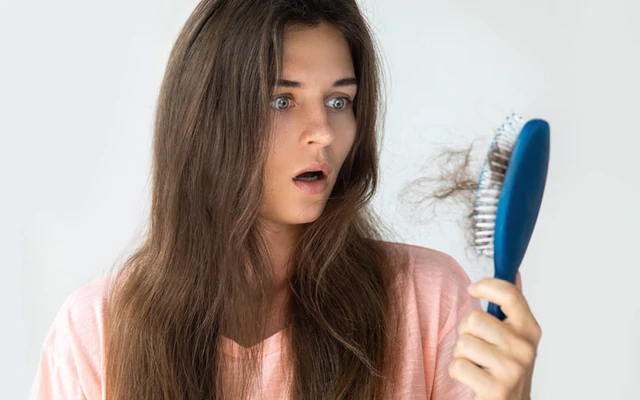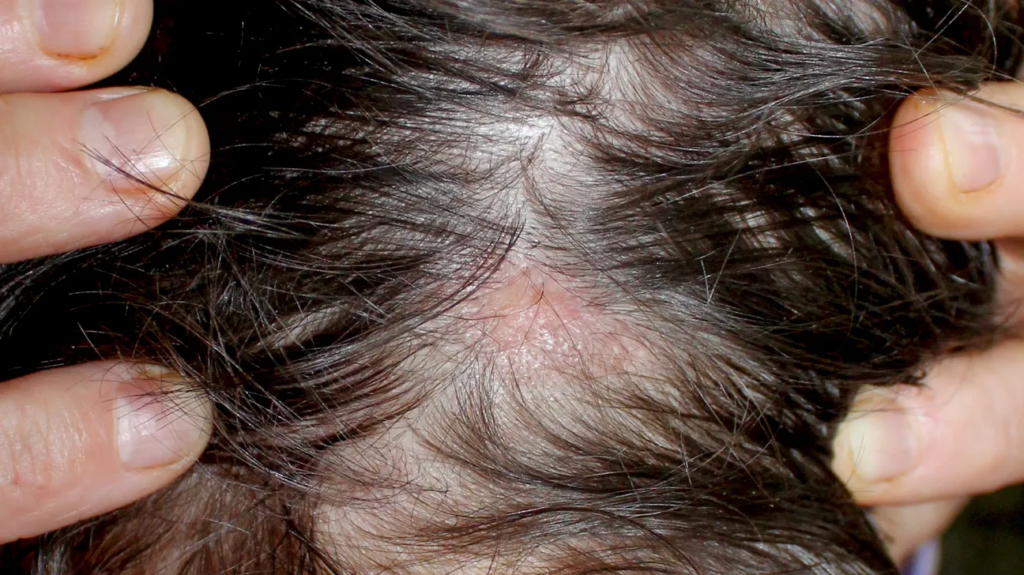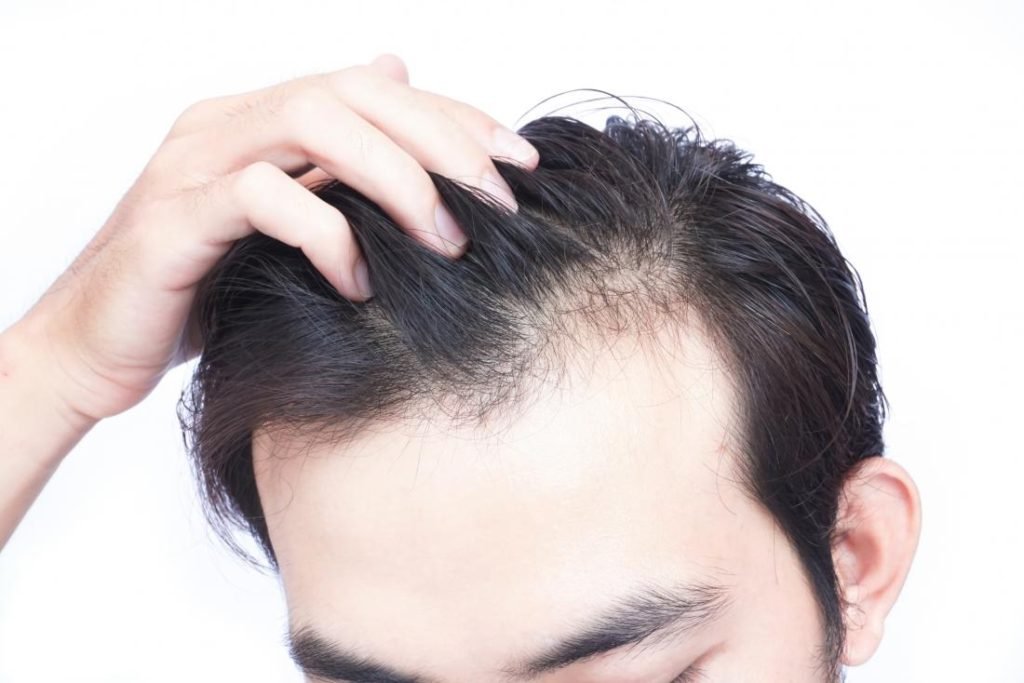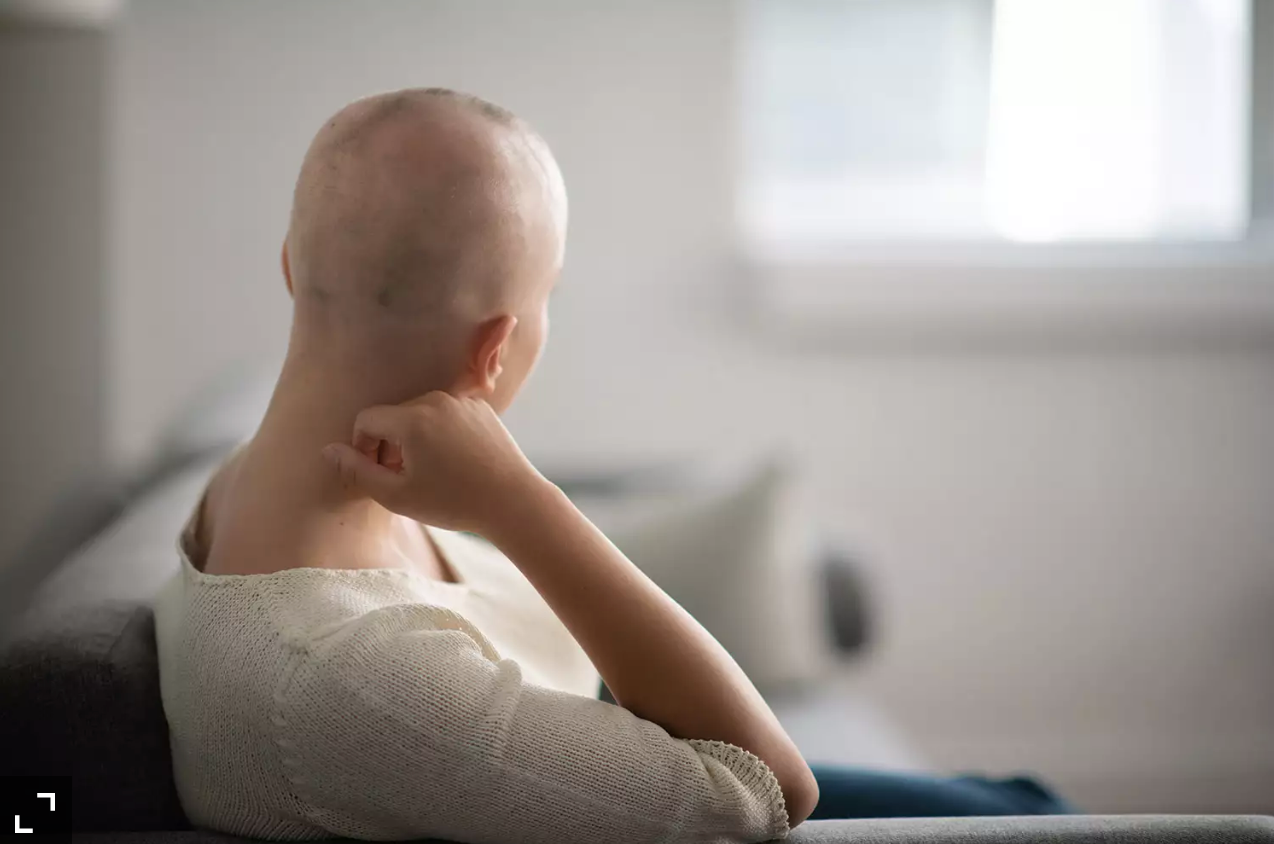
It wouldn’t be wrong to say that baldness in men and women is a curse. People experiencing severe hair fall are mentally depressed and lose self-esteem in day-to-day life.
Hair fall is frustrating and often leads to problems in family and personal life.
Though there are few FDA approved medications available to seize alopecia, like Minoxidil and finasteride. But, they are not elegantly effective and causes long-term side effect including low libido.
The US Food and Drug Administration has approved a new drug to treat Alopecia called baricitinib, an oral tablet that can restore hair growth, the agency announced Monday.
The drug, made by the US pharmaceutical company Eli Lilly, is intended to treat people with alopecia areata. Affecting more than 6 million Americans, skin disease is the second most common cause of hair loss and can leave people with baldness or complete hair loss.
For some, the condition only lasts a few months before it progresses again, but for others it is permanent.
Baricitinib, already approved by the US Food and Drug Administration for the treatment of rheumatoid arthritis in 2018, grew hair in 80% of patients in 36 weeks, compared to just 5% of those patients who took a placebo.
It was tested in a series of randomized, double-blind, placebo-controlled trials involving 1,200 patients with scalp hair loss of at least 50% due to hair loss. They received a placebo, 2 mg or 4 mg of the drug each day.
The trials measured the number of patients who achieved at least 80% scalp hair coverage at week 36. In the first trial, 22% of patients who took 2 mg and 35% of those who received 4 mg reached the goal. In the second test, 17% and 32% passed.
This compares with patients who took a placebo in two trials: 5% and 3% met the goal.
Alopecia areata, commonly known as alopecia areata, is an autoimmune disorder in which the body attacks its own hair follicles, causing hair to fall out, often in clumps.
Olumiant is a Janus kinase (JAK) inhibitor that blocks the activity of one or more specific families of enzymes, interfering with the pathway that leads to inflammation.
What is Alopecia
Hair loss (alopecia) can affect just the scalp or the entire body and can be temporary or permanent. It can be the result of genetics, hormonal changes, medical conditions, or a normal part of aging. Hair loss can happen to anyone, but it is more common in men.
Baldness generally refers to excessive hair loss on the scalp. Hereditary hair loss with age is the most common cause of baldness. Some people prefer to let their hair fall out without treatment and without concealing it. Others may cover it up with hairstyles, makeup, hats, or scarves. Others opt for one of the available treatments to stop hair loss or restore growth.
Before pursuing hair loss treatment, talk to your doctor about the cause of your hair loss and treatment options.

Symptoms
Hair loss can appear in many different ways, depending on the cause. It can happen suddenly or gradually and affect the scalp or the whole body.
Causes
Generally, people lose 50 to 100 hairs in a day. This is usually not noticeable because new hair grows at the same time. Hair loss occurs when new hair does not replace lost hair.
Hair loss is usually related to one or more of the following factors:
- Family history (heredity)
- Hormonal changes
- A very stressful event
- Hairstyles and treatments
How can I prevent hair loss?

There are a few things you can do to reduce hair loss:
Keep the hairstyle loose: If you regularly style your hair in a braid, bun, or ponytail, try to keep it loose so that you don’t put too much pressure on your hair.
Avoid touching your hair: Try not to pull, twist or rub your hair as much as possible.
Dry the hair After washing: Use a towel to gently pat your hair dry. Avoid rubbing your hair with a towel or wrapping it in a towel.
Balanced diet rich in nutrients: Try to get plenty of iron and protein in breakfast and meals.
Constant research is going on to improve the efficacy of drugs and also to find new drug to treat alopecia.
